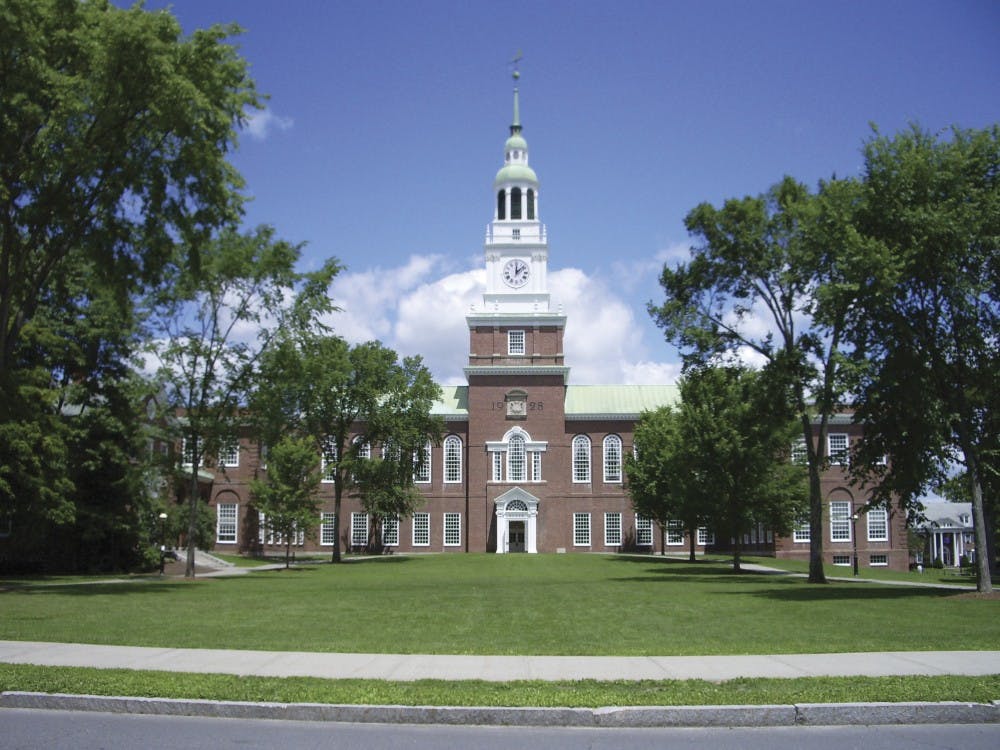
Courtesy of Wikimedia Commons
Residents of Hanover, N.H. are engaged in a battle with Dartmouth University about the carcasses of lab mice and other experimental materials that were eliminated in the 1960s and 1970s, as reported by the in the 1960s and 1970s, as reported by the Associated Press. The property used to be a dumping ground for waste from experiments that traced how radioactive compounds traveled through life systems.
The university decided to clean up the site, a 223-acre plot called Rennie Farm in 2011, digging through the waste that had been buried there for decades. They removed 40 tons of soil from the property filled with waste such as carcasses, syringes, glass and fluids. Workers also discovered 1,4-dioxane, a carcinogen that can cause kidney and liver damage if it leaks into groundwater. It was found at 50 times the state standard, according to the AP.
According to Dartmouth’s website, 1,4 dioxane was also found in a neighboring private well. The Higgins family, who owns the well, claims the carcinogen contaminated their drinking water, causing rashes, hair and skin loss and dizziness.
Since the discovery, Dartmouth has provided bottled water for the family’s cooking and drinking. Most of the Higgins’ health problems have disappeared, but the family still wants the university to relocate them to a new home farther away from the dump site.
Dartmouth has sampled 110 other local drinking wells, and no others have tested above the state standard. It has also offered 20 other households access to unlimited bottled water.
The university is in the process of installing a system at Rennie Farm to capture and clean the contaminated water. Overall, Dartmouth has paid approximately $8.4 million so far to fix the issue.
The Daily Pennsylvanian is an independent, student-run newspaper. Please consider making a donation to support the coverage that shapes the University. Your generosity ensures a future of strong journalism at Penn.
Donate






